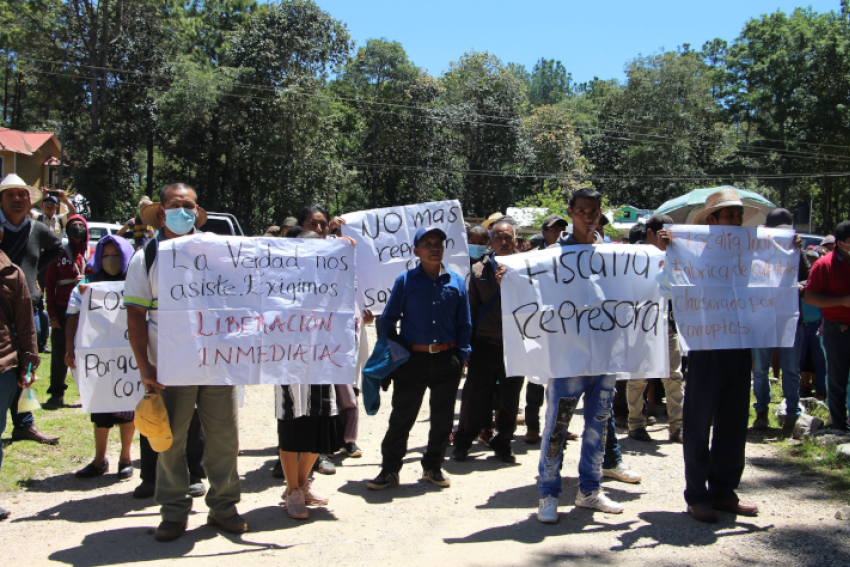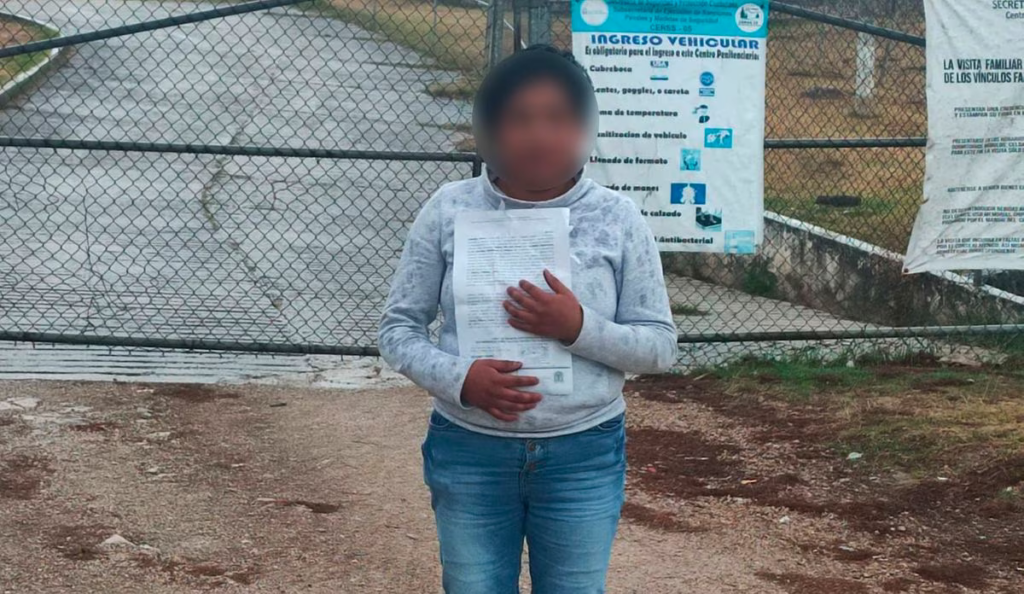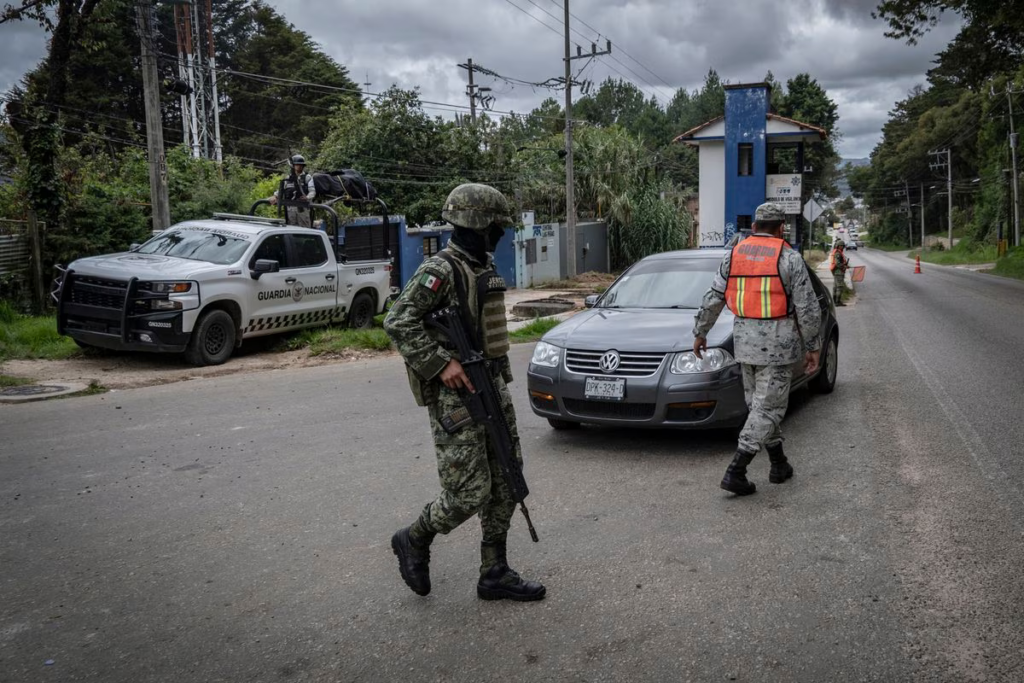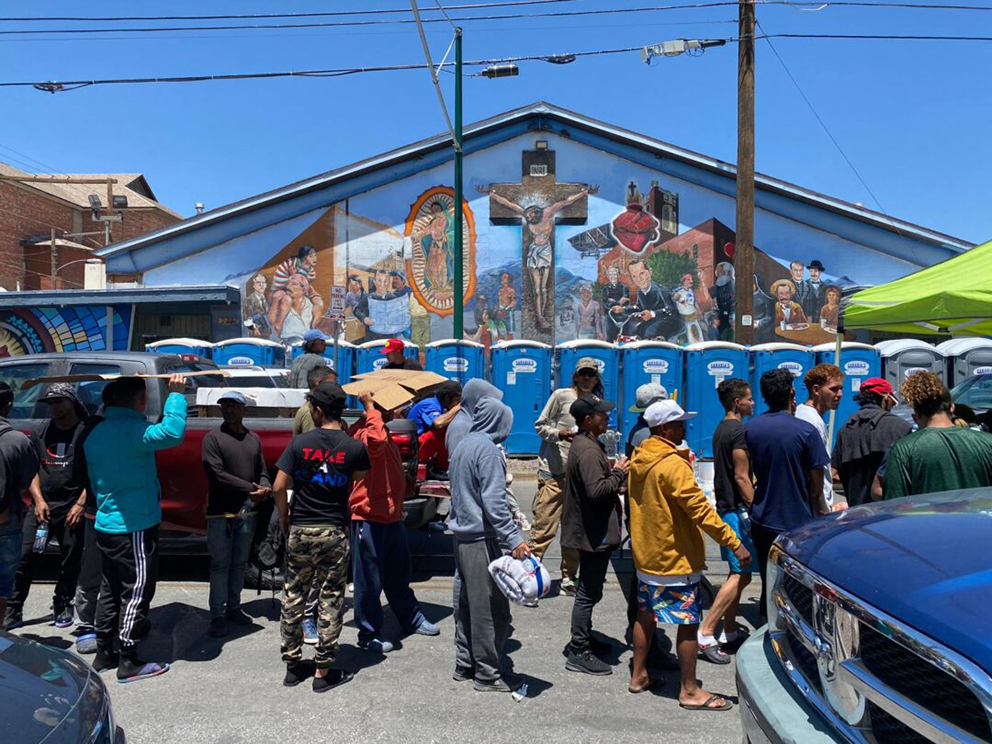The Judiciary of the State of Chiapas sentenced to 25 years in prison the Tseltal defenders Manuel Sántiz Cruz, Juan Velasco Aguilar, Agustín Pérez Velasco, Martín Pérez Domínguez and Agustín Pérez Domínguez, who were arbitrarily detained for defending their territory in 2022.The sentence was issued by the Chiapas judge despite the fact that last May 3 three of the five Tseltales declared that, after their arbitrary detention at the hands of the San Juan Cancuc municipal police, the National Guard and the army on May 29, 2022, they were handed over to the Indigenous Justice Prosecutor’s Office, “who first fabricated the crime of drug possession and then involved them in the homicide for which they were sentenced,” explained the Fray Bartolomé de las Casas Human Rights Center (Frayba).





